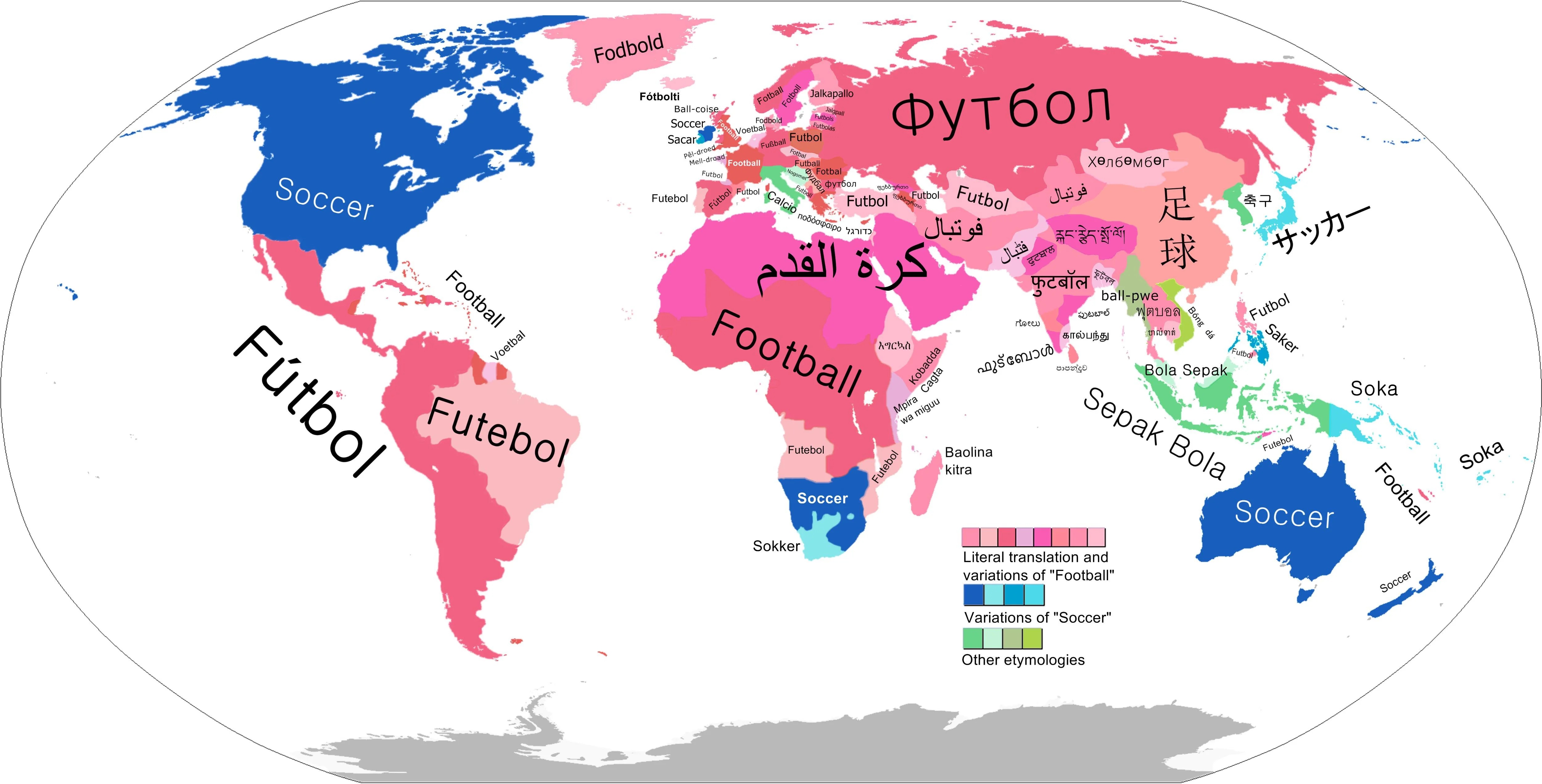The Myth of Undergoverned Spaces in Yemen
One of the more frustrating things about watching and reading the coverage of Yemen over the past month has been the insistence – some of it by people who really ought to know better – of calling tribal areas in Marib, al-Jawf, Shabwa and other places “ungoverned” or “undergoverned” or “lawless” or whatever favorite adjective they have to precede “spaces” or “zones”
I know because I too was once guilty of this sort of sloppy writing and thinking. These mythical, imagined lands that from all descriptions are “Hobbesian” exist nowhere but in the minds of analysts in London and Washington.
Indeed as one bright Yemen watcher pointed out at a recent closed-door and not for attribution conference on Yemen: these places have law it just is not law imposed by the central government. He brought up the example of Shelagh Weir’s brilliant book on tribal politics in Sa’dah. Look he said, it is called A Tribal Order, not A Disorder in Tribal Lands or the Anarchy of Tribes. (Indeed it is, and it is also important reading on Yemen.)
The areas that most people in the US and UK are worried about in Yemen are actually, as Stewart M. Patrick reminds us, “alternately governed.” In Yemen’s case by ‘urf. For those that read Arabic or have access to San’a’s bookshops there are numerous works on ‘urf. Even for those who don’t read Arabic, Dresch is, as always, a good place to start.
My favorite quote from Patrick’s excellent piece:
“Most so-called “ungoverned” spaces are in fact alternatively governed, typically by entrenched tribal laws and customs regarding the use of violence, mediation of conflict, and dispensation of justice. Such regions may be “sovereignty free,” but they are rarely Hobbesian.“
I bring this linguistic distinction up because I believe it is incredibly dangerous for policymakers, journalists and analysts to operate on the assumption that these areas in Yemen are indeed “lawless.” That is not the case. But thinking that it is often leads to mistakes of policy and writing, which makes Yemen over into some sort of blank map on which the author’s fantasies and imaginings can be projected.
There are laws and customs here. Just because they are not known does not mean they are not important.
Oh, and don’t think for a minute that AQAP makes the mistake of saying that these areas are “lawless” they know and understand ‘urf and are using their knowledge of it in further attempts to integrate themselves into these areas.




